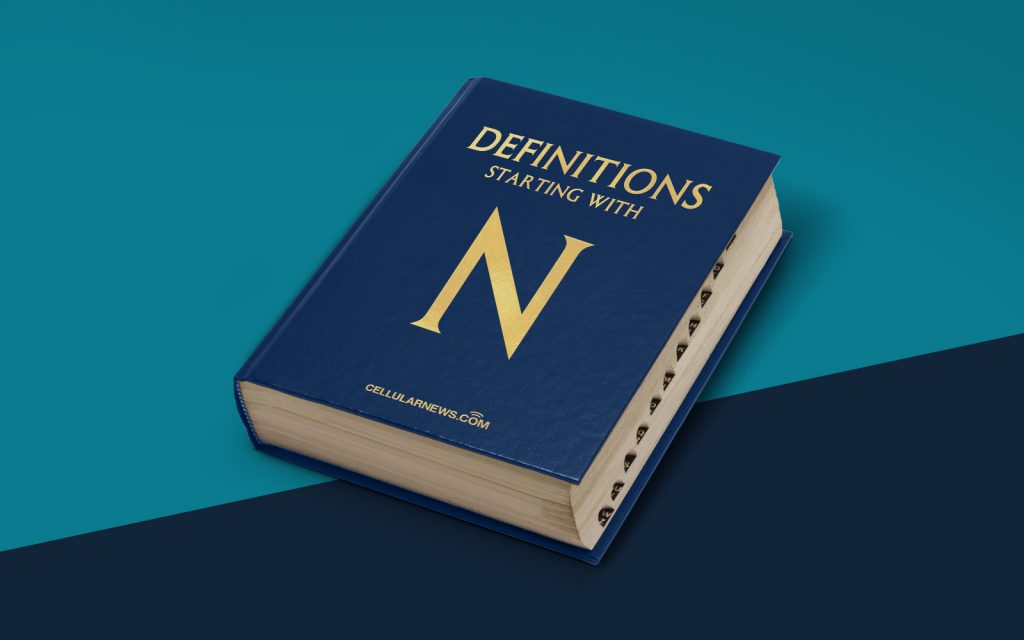
What is Null? A Clear Definition
Welcome to our “DEFINITIONS” series, where we delve into various terms and concepts related to (your blog’s niche). Today, we aim to demystify the enigmatic term “Null” and provide you with a clear understanding of its meaning and significance within the context of (your blog’s niche).
Key Takeaways:
- Null represents the absence of a value or the unknown.
- In programming and databases, Null is often used to indicate the absence of a valid data entry.
So, what exactly is Null? In simple terms, Null is a state of emptiness or absence. It represents a lack of value or the unknown. You can think of it as a placeholder for missing or incomplete information. But how does this concept apply to (your blog’s niche)? Let’s explore further.
Within the realm of (your blog’s niche), Null holds significance, particularly in data analysis, programming, and database management. Here are a few key aspects to consider:
1. Null in Programming:
In programming languages, Null is often used to represent the absence of a valid value or to indicate a missing data entry. It allows programmers to handle situations where a variable doesn’t have an assigned value.
2. Null in Databases:
In the realm of databases, Null plays a vital role in indicating missing or unknown values. It allows flexibility in data storage by accommodating situations where information is not available or not applicable.
It’s important to note that Null is different from zero or empty strings. Null is a specific state that signifies the absence of a valid value, while zero and empty strings represent explicitly defined values.
Now that you have a clearer understanding of Null, let’s summarize the key takeaways:
- Null represents the absence of a value or the unknown.
- In programming and databases, Null is often used to indicate the absence of a valid data entry.
By familiarizing yourself with the concept of Null, you can effectively navigate its implications within the realm of (your blog’s niche). Stay tuned for more insightful discussions and definitions in our “DEFINITIONS” series!
